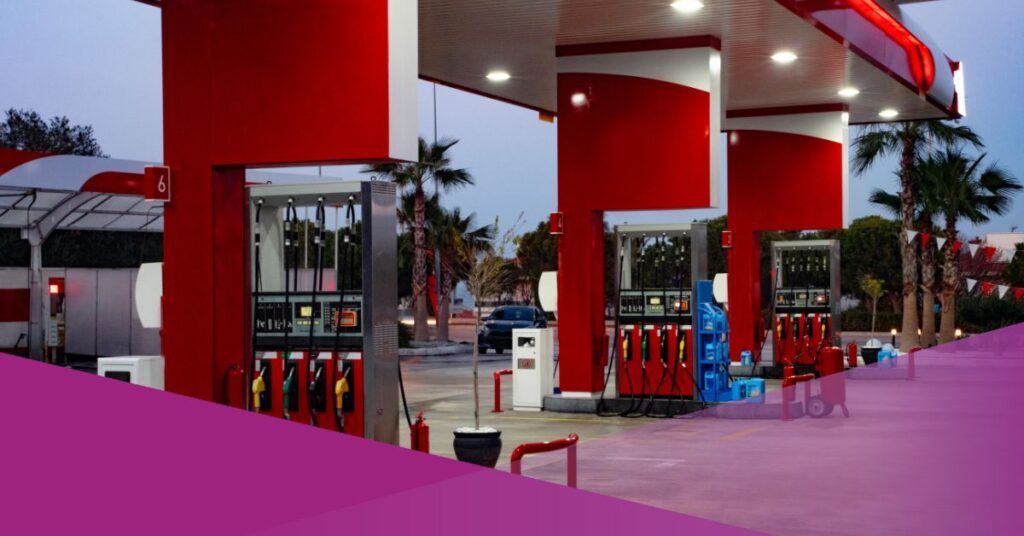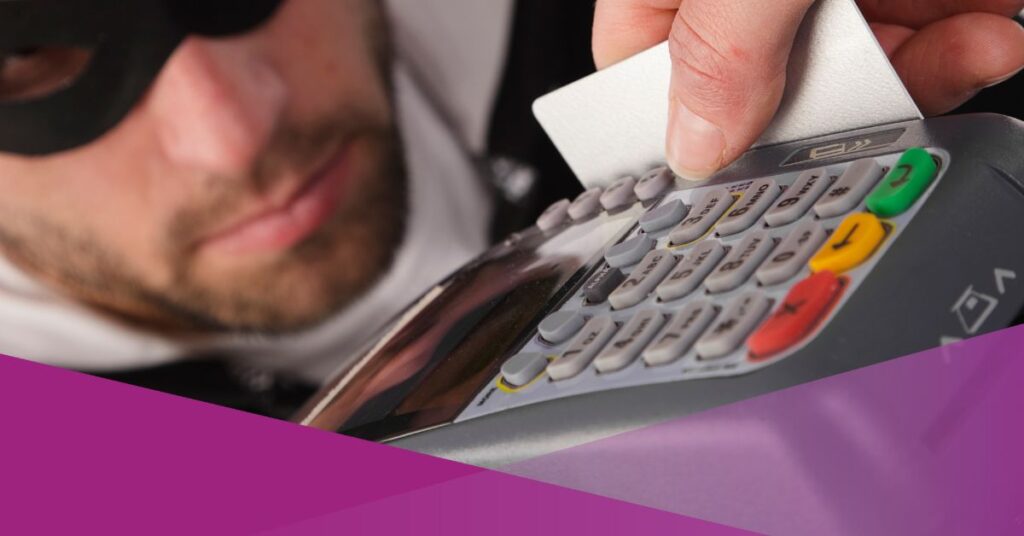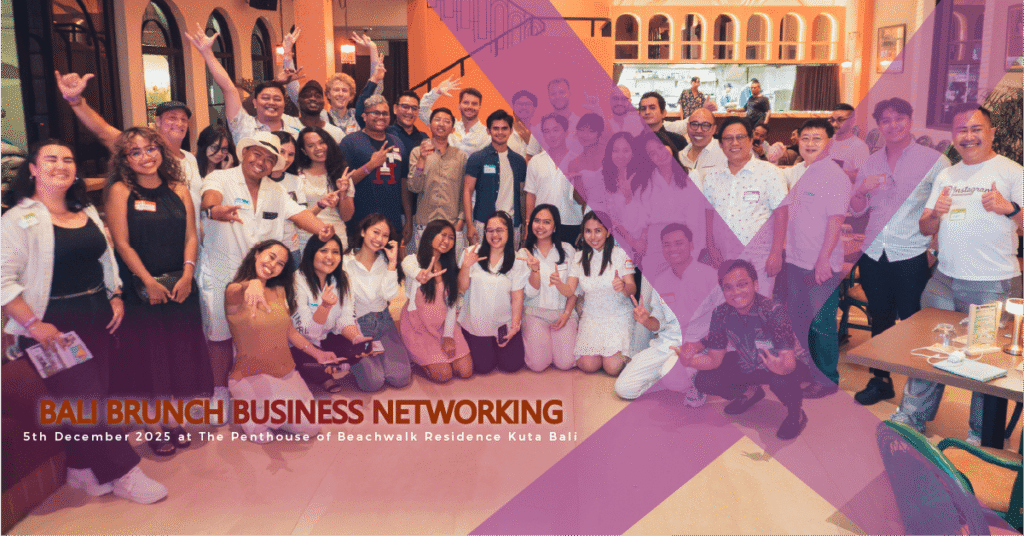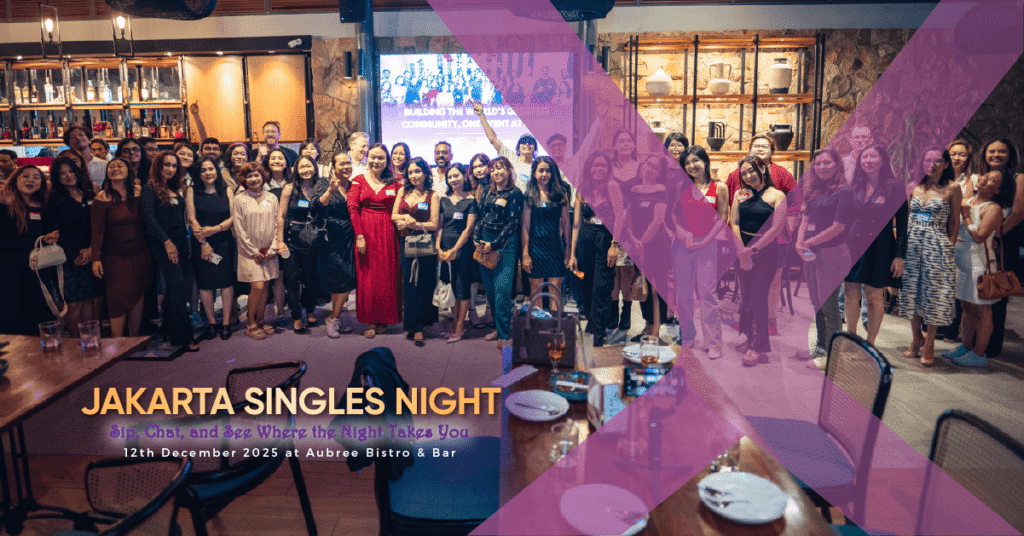A video of a foreign tourist marvelling at the behaviour of Indonesian gas station employees has gone viral on TikTok, sparking discussion among Indonesian netizens.
The video, first uploaded by TikTok user @tomaslevin, shows a Chilean national observing a petrol station worker refuelling a vehicle while casually holding a large stack of cash.
“Bro, out here with a stack full of cash,” Tomas wrote in the overlay text.
In the clip, Tomas expresses his amazement that the employee seems unbothered by the potential risk of theft, something that, in his opinion, would not be possible in his home country.
“If this was Chile, he would have been robbed already,” he said.
The video, filmed at an unspecified location in Indonesia, has sparked a mix of admiration, reflection, and satire among netizens, many of whom tried to contextualise the experience for the foreigner.
@tomas.levin Menos mal acá no está la cultura de robar 🥹 #indonesia #travel #chile #fyp ♬ original sound – Jon jones 🔛🔝🔥
One user commented: “How do we explain it to him?” while another added: “If only he knew about the government’s behaviour in +62,” using the country code slang for Indonesia.
Tomas concluded his observation by praising what he perceived to be a cultural norm in Indonesia.
“Fortunately, this is not the culture of stealing,” he added, prompting further discussion about public safety and social dynamics in the country.
Public Safety at Gas Station in Indonesia: Perception vs. Reality
Although Tomas’ comments reflect a genuine sense of admiration, they have also sparked conversation about the social and security conditions that shape everyday life in Indonesia, particularly in public places like petrol stations.
One Instagram page, @jakarta.keras, joined in with a tongue-in-cheek remark in the caption, stating:
“Because street crime is worse, Tomas Levin.”
While theft at Indonesian petrol stations is not unheard of, large-scale or violent robbery is relatively rare. Several factors contribute to this perception of safety.
First, petrol stations are typically busy areas, frequented by motorists throughout the day. Their high visibility and steady flow of people naturally discourage criminal activity.
Additionally, most stations are equipped with CCTV cameras monitoring the entire premises, making it easier for staff and authorities to spot suspicious behaviour.
Second, security protocols are commonly in place. Some stations employ guards or have coordination with local neighbourhood watch groups. Even without constant security personnel, the combination of surveillance, lighting, and crowd presence tends to reduce risk.
Third, the open layout of petrol stations makes it difficult for thieves to act discreetly. With limited cover and constant movement, attempting a robbery becomes a high-risk decision.
That said, minor incidents such as snatching items from vehicles or unauthorised access to till drawers can still happen.
However, serious criminal acts are uncommon and usually quickly addressed by local law enforcement or community intervention.
Tomas’s comments reflect an outsider’s curiosity at how a situation that might feel dangerous in other parts of the world can seem routine and safe in Indonesia.
Whether due to local trust, social norms, or environmental design, the viral video sheds light on the small yet meaningful aspects of daily life that often go unnoticed by locals but fascinate visitors.






























